
Internal Family Systems
for Trauma-Sensitive Practitioners:
A Comprehensive Guide
An Online Training on the Integration of Internal Family Systems with Trauma-Sensitive Mindfulness
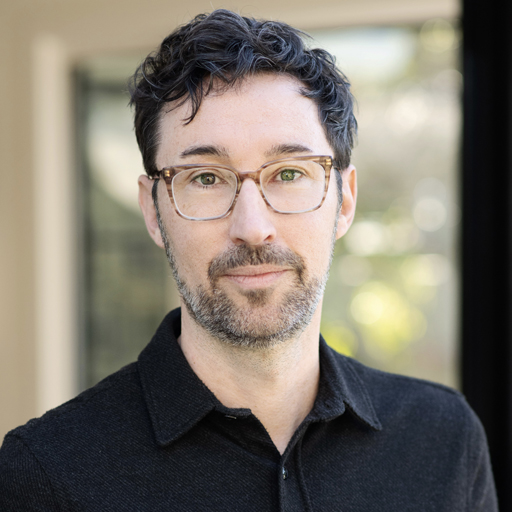
What if you could transform your mindfulness teaching to skillfully meet trauma – while deepening your own practice?

Internal Family Systems (IFS) offers a transformative framework to elevate your trauma-sensitive practice, deepen your self-awareness, and empower profound healing for both you and your students and clients.
This comprehensive, self-paced training gives you lifetime access to the tools and techniques of IFS, fully integrated with Trauma-Sensitive Mindfulness. Whether you’re looking to refine your current practice or explore new ways to support trauma survivors, this course will guide you through mastering IFS at your own pace.
Plus, gain exclusive insights from Dr. Richard Schwartz, the founder of IFS, with a special guest session that will deepen your understanding and application of IFS in your work.
Why Internal Family Systems is Essential for Trauma-Sensitive Mindfulness Practice
IFS is a game-changer for Trauma-Sensitive Mindfulness teachers and practitioners.
Here’s a few reasons integrating IFS into your TSM practice can be so powerful:

- Deeper Understanding of Internal Dynamics: IFS provides a powerful lens to explore the complex interplay of ‘parts’ within ourselves and those we work with, unlocking deeper insights for transformative interventions.
- Enhanced Safety in Mindfulness Practices: Master the ability to recognize and work with protective parts, ensuring a safer and more supportive environment where trauma survivors can truly heal.
- Increased Efficacy in Trauma Work: By addressing the root causes of trauma, IFS helps facilitate lasting transformation, going beyond symptom management to create profound healing.
- Powerful Self-Healing Tools: Apply IFS principles to your own internal system, enhancing your self-awareness and presence to become a more effective and grounded practitioner.
- Customized Approach for Each Individual: Learn to tailor your interventions based on each person’s unique internal system, moving beyond one-size-fits-all techniques to create deeply personalized healing strategies.
- Expanded Toolkit for Challenging Situations: Equip yourself with powerful strategies to manage dissociation, emotional flooding, and other trauma-related challenges, ensuring you’re fully prepared to support clients in any situation.
By mastering the integration of IFS and TSM, you’ll not only transform your teaching and practice, but deepen your own journey of self-discovery and healing. This course is your gateway to becoming a more skilled, insightful, and impactful practitioner in the realm of TSM.
Course Structure
Our Internal Family Systems for Trauma-Sensitive Mindfulness Practitioners course combines in-depth content with practical, self-paced learning, designed to help you master IFS techniques and integrate them seamlessly into your trauma-sensitive practice. This course will guide you through every step, deepening your understanding of IFS and enhancing your skills as a practitioner. You’ll immediately have access to:
8 Transformative Sessions
-
4 core, 75-minute sessions that dive deep into integrating IFS and trauma-sensitive mindfulness.
-
4 bonus sessions with guest faculty focused on advanced techniques and deepening your practice.
Each session contains:
- Video and audio of each session
- Dynamic Powerpoint slides
- Comprehensive handout
- Full session transcript
- MP3 recording for convenient listening
- MP3 recording of any guided meditations for focused practice

Session Journey:

Session 1
Introduction to IFS and Listening to Parts
-
Explore the origins and core principles of IFS, a groundbreaking approach to self-awareness and healing.
-
Gain insight into the multiplicity of the mind, discovering how different “parts” shape thoughts, emotions, and behaviors.
-
Develop a deeper connection with yourself through an interactive exercise, identifying and listening to your own inner parts.

Session 2
Working with Protectors
-
Explore the roles of Managers and Firefighters, understanding how they work to protect the system.
-
Discover practical techniques to unblend from protective parts and access the clarity and compassion of Self.
-
Engage in an experiential practice to connect with a protective part, building trust and insight from within.

Session 3
Accessing Self and Self-Leadership
-
Discover the essential qualities of Self energy and how they foster healing, balance, and inner leadership.
-
Uncover the deep connection between Self energy and mindfulness, enhancing presence and awareness in daily life.
-
Experience a guided meditation designed to help you access and embody Self energy with greater ease.

Session 4
Working with Exiles and Integration
-
Understand the role of Exiles and the burdens they carry, shaping emotional patterns and inner conflict.
-
Explore the unburdening process, creating space for healing and transformation.
-
Integrate IFS principles into trauma-sensitive mindfulness (TSM), bridging deep inner work with embodied presence.

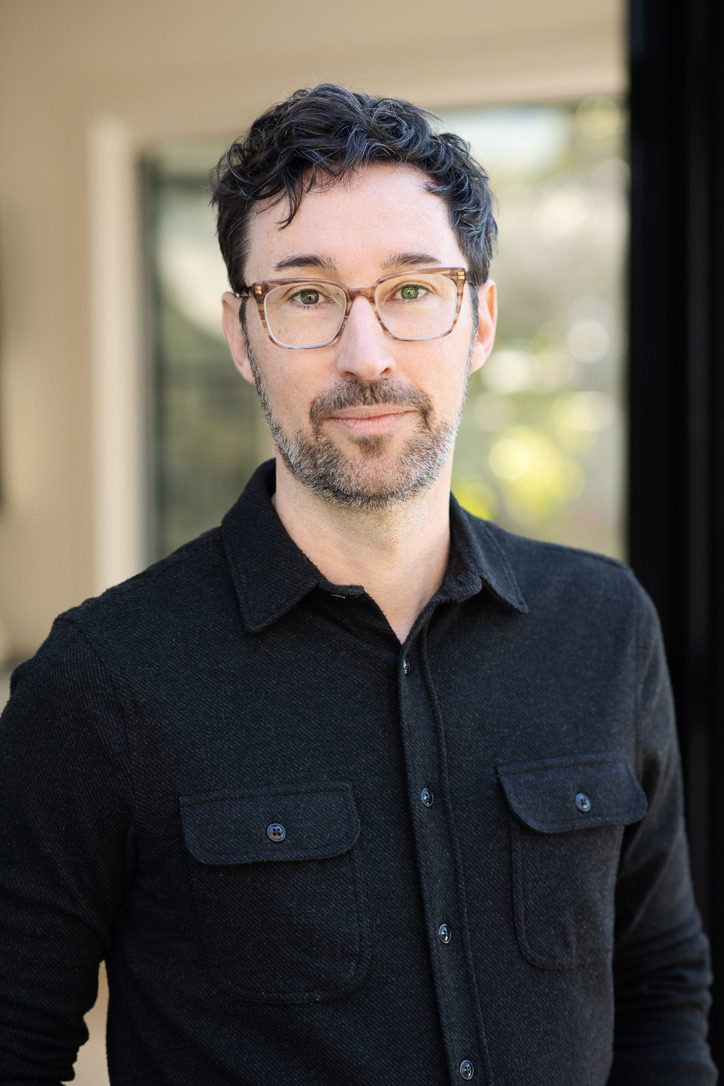
Bonus Session:
Foundations of IFS with Founder Richard Schwartz
-
Learn directly from the founder of IFS, Richard Schwartz, as he shares essential insights on working with parts, unblending, and the role of protectors in trauma healing.
-
Recognize key markers of being in Self, such as heart openness, clarity of mind, and the absence of an agenda. Strengthen your ability to notice when parts are blending and shift into a more unblended, compassionate presence.
-
Explore Self-led practices for daily integration, including a guided morning check-in to recognize which parts are present, listen to their needs, and negotiate with them from Self with curiosity and care.
Richard Schwartz, PhD, is the founder of Internal Family Systems (IFS), a widely recognized therapeutic model for healing and self-discovery. He is the author of Introduction to Internal Family Systems and No Bad Parts: Healing Trauma and Restoring Wholeness through IFS.


Bonus Session:
The Protective Role of Shame and Guilt with Martha Sweezy
- Understand how shame and guilt function as protective parts in the Internal Family Systems (IFS) model, working to maintain safety, connection, and belonging.
- Explore the adaptive roles of these emotions—guilt as a relational repair mechanism and shame as a survival strategy—and learn how to engage with them compassionately.
- Apply trauma-sensitive IFS practices to help unblend from shame and guilt, fostering Self-energy and deeper integration in personal and professional work.
Martha Sweezy, PhD, is an assistant professor in psychiatry at Harvard Medical School, a consultant and supervisor at Cambridge Health Alliance, and a psychotherapist in private practice. She is the co-author of Internal Family Systems Therapy: Second Edition with Richard Schwartz.
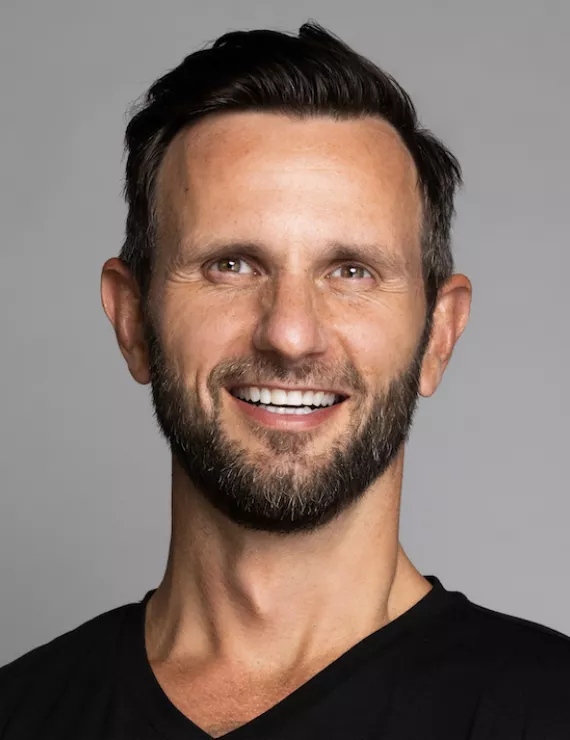

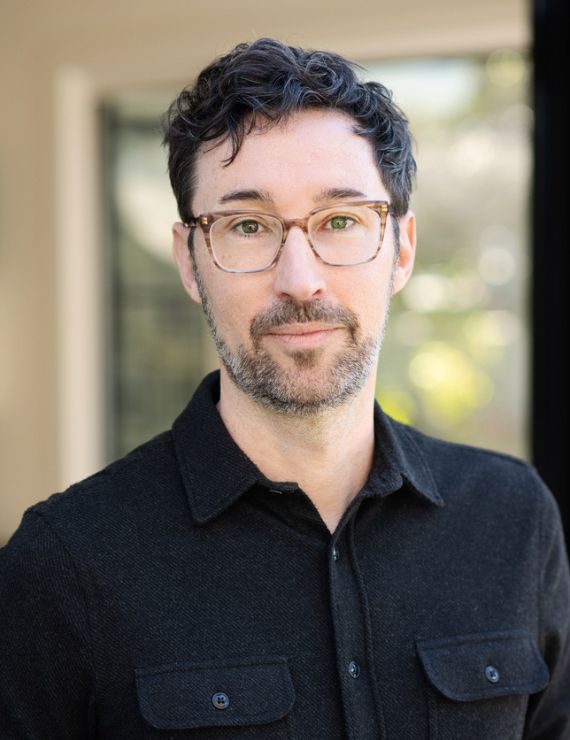
Bonus Session:
IFS and Psychedelic Therapy
-
Discover how IFS and psychedelics work together to support deep healing and integration.
-
Explore key phases—preparation, in-session work, and integration—for a safe, Self-led experience.
-
Apply IFS tools to navigate psychedelic states, fostering protector buy-in and lasting change.
Nicholas Brüss, LMFT specializes in IFS and psychedelic-assisted therapy, serving as a clinician and supervisor in MAPS Phase 3 trials for MDMA-assisted PTSD treatment.
Nancy Morgan is a licensed psilocybin facilitator and IFS practitioner, guiding clients through trauma healing with a focus on relational safety and integration.


Bonus Session:
IFS and Self-Led Sexuality
-
Discover how IFS helps practitioners navigate trauma and sexuality with sensitivity and care.
-
Teach clients to engage with their internal sexual system through the 6 S’s framework.
-
Support safe, embodied healing by guiding individuals toward internal consent and self-led intimacy.
Patricia Rich, LCSW, CST-S is a Certified IFS Therapist and AASECT Certified Sex Therapist specializing in self-led sexuality. She trains professionals and helps individuals reclaim ease, confidence, and joy in their intimate lives.
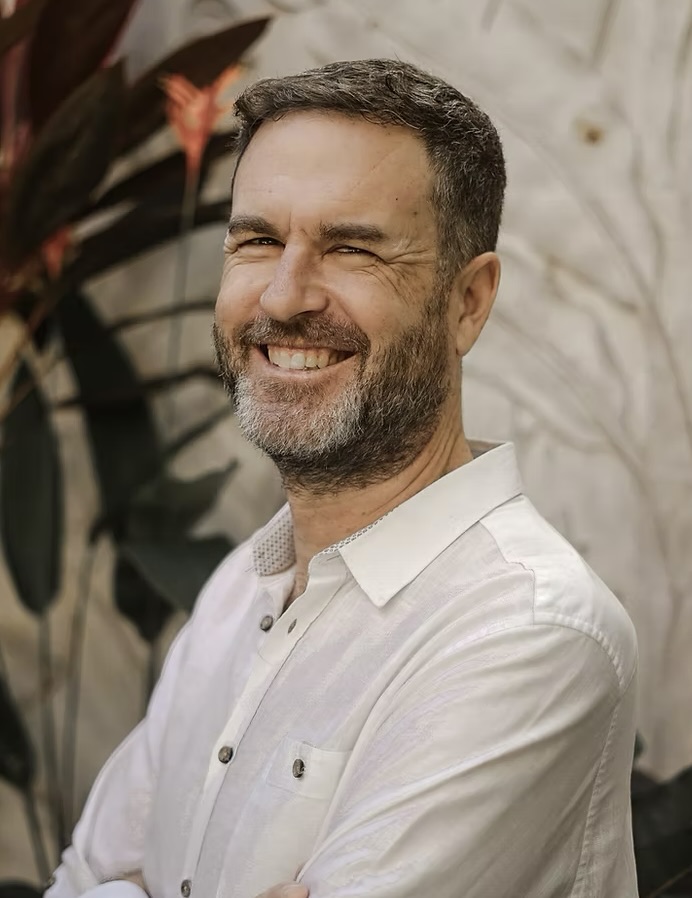
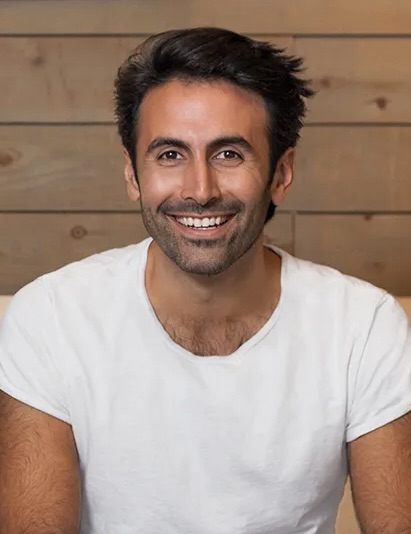

Bonus Session:
Exploring Artificial Intelligence and IFS
-
Discover how AI tools like Rosebud support self-reflection and deepen therapeutic work between sessions.
-
Explore AI’s role in journaling, pattern recognition, and integration while maintaining ethical guardrails.
-
Apply technology wisely to enhance insight and connection, not replace human relationships.
David Coates, LMFT is an IFS therapist exploring the intersection of technology and self-awareness. He integrates AI tools like Rosebud to help clients track patterns and deepen their understanding of parts work.
Sean Dadashi is the creator of Rosebud, an AI-powered journaling tool designed to support self-inquiry and integration between therapy sessions. His work focuses on using AI to enhance—not replace—human connection in mental health.
Meet Your Instructors

David Treleaven, PhD, is a writer, educator, and trauma professional whose work focuses on the intersection of trauma, mindfulness, and social justice. He is the author of the acclaimed book Trauma-Sensitive Mindfulness and has trained thousands of practitioners in the art of trauma-sensitive mindfulness.
With decades of experience in both mindfulness and trauma work, David brings a unique perspective to the integration of IFS and TSM. His approach is known for being practical, compassionate, and grounded in cutting-edge research. David’s teaching style combines academic rigor with real-world applicability, ensuring that participants can immediately apply what they learn to their professional practice and personal lives.

Govinda Bader, MFT, an experienced IFS therapist and teacher, bringing over a decade of expertise in applying IFS to various therapeutic and mindfulness contexts. His compassionate approach and deep understanding of the IFS model make complex concepts accessible and practical.
Govinda assisted trainings for the IFS Institute from 2013-2017 and has taught IFS workshops for counseling centers across the Bay Area. His teaching is characterized by warmth, clarity, and a gift for bringing IFS concepts to life through vivid examples and experiential exercises.
Together, David and Govinda offer a powerful combination of expertise in Trauma-Sensitive Mindfulness and Internal Family Systems. Their collaborative approach ensures that participants receive a well-rounded, integrative learning experience that bridges theory and practice.
Who Should Enroll
This course is ideal for practitioners who want to deepen their trauma-sensitive approach and integrate the powerful framework of Internal Family Systems into their mindfulness work. It’s especially suited for:

No prior experience with Internal Family Systems is required, and some familiarity with trauma-sensitive principles is helpful. This course is designed to meet you where you are and take your practice to the next level, whether you’re new to these concepts or looking to deepen your existing knowledge.
Join us to transform your approach to trauma and mindfulness, and become a more effective, compassionate practitioner in your field.
- Mindfulness Teachers and Instructors: Enhance your ability to create safe, trauma-informed meditation spaces • Learn to recognize and address trauma responses during mindfulness practices • Expand your toolkit for supporting students with trauma histories
- Psychotherapists and Counselors: Bridge the gap between talk therapy and mindfulness-based approaches • Enhance your trauma-informed practice with IFS techniques • Learn to integrate mindfulness and parts work for more effective healing
- Yoga Teachers: Understand how to create trauma-sensitive yoga experiences • Learn to use IFS concepts to support students’ emotional processes during practice • Develop language and techniques for addressing trauma responses in the body
- Healthcare Professionals: Integrate mindfulness and IFS concepts into patient care • Enhance your ability to work with patients with trauma histories • Learn self-care techniques to prevent burnout and compassion fatigue
- Coaches and Personal Development Professionals: Add depth to your coaching practice with IFS and TSM principles • Learn to guide clients through internal conflicts using parts work • Enhance your ability to support clients in achieving lasting change
- Educators and School Counselors: Bring trauma-sensitive mindfulness practices into educational settings • Learn to support students dealing with trauma and stress • Develop skills for creating safer, more inclusive learning environments
- Social Workers and Community Leaders: Enhance your ability to support trauma survivors in various settings • Learn to facilitate trauma-sensitive group mindfulness practices • Gain tools for community healing and resilience-building
- Spiritual Directors and Pastoral Counselors: Integrate IFS concepts with spiritual practices • Enhance your ability to support individuals through spiritual crises • Learn to address trauma within a spiritual or religious context
- Anyone on a Personal Healing Journey: Deepen your self-understanding through the IFS lens • Learn powerful self-healing techniques • Enhance your personal mindfulness practice with trauma-sensitive approaches
REGISTRATION AND PRICING
Internal Family Systems
for Trauma-Sensitive Practitioners:
A Comprehensive Guide
Transform your trauma-sensitive mindfulness work with our comprehensive IFS integration course.
ENROLL NOW
$397
- 4 Pre-Recorded Dynamic Sessions (90 minutes each) with David Treleaven, PhD, and Govinda Bader, LMFT
- Exclusive Bonus Sessions with Dr. Richard Schwartz, founder of IFS and other special guest instructors
- Comprehensive Course Materials such as extensive handouts and references, slides, and guided practices.
- Lifetime Access to all session recordings and resources
- Certificate of Completion
FREQUENTLY ASKED QUESTIONS
Do I need prior experience with Internal Family Systems (IFS) to join this course?
No prior experience with IFS is necessary. The course is designed to meet practitioners at various levels, so whether you’re new to IFS or looking to deepen your understanding, this training will provide practical tools and insights that can be integrated into your current work.
What’s the difference between this course and the Complete TSM Training?
This course specifically focuses on integrating Internal Family Systems (IFS) with Trauma-Sensitive Mindfulness (TSM), offering a unique perspective and set of tools. The Complete TSM Training provides a more comprehensive foundation in trauma-sensitive mindfulness alone, while this course builds on those principles with IFS as a complementary approach. If you’re new to TSM work, the best place to begin is The Complete TSM Training.
Is this course suitable for personal development, or is it strictly professional?
This course is open to anyone interested in IFS and trauma-sensitive mindfulness, including those on a personal healing journey. While it’s designed for practitioners, the tools and practices are valuable for anyone seeking to deepen their self-understanding and healing work.
Are group discounts available?
Yes! We offer discounts for group registrations. For teams of 3-5, there’s a 15% discount, and for groups of 6 or more, there’s a 20% discount. Please contact us at info@davidtreleaven.com to arrange group registration.
Will I receive a certificate upon completing the course?
Yes, all participants who complete the course will receive a Certificate of Completion, which can be added to your professional credentials or used for ongoing development.
Have more questions?
If there’s anything else you’d like to know, feel free to reach out to us at info@davidtreleaven.com. We’re here to help!
